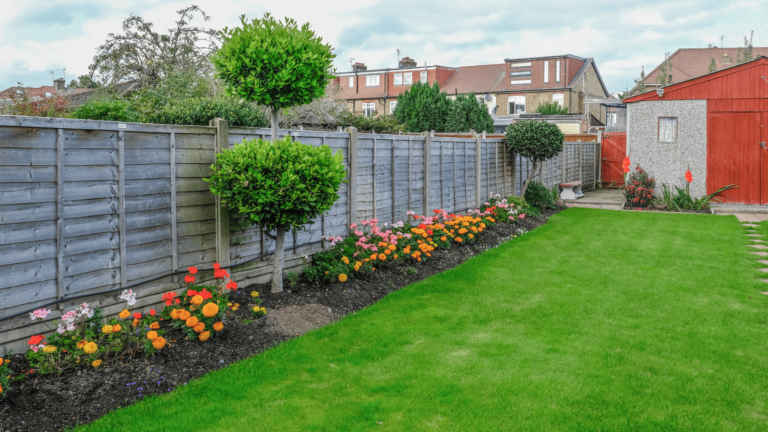Keeping your garden thriving doesn’t have to be complicated. With a few simple tricks, you can give your plants the boost they need to stay healthy, no matter the season. Here are some easy garden hacks to help your plants flourish all year round.
Water in the Morning
Watering your plants in the morning gives them a chance to absorb moisture before the day heats up. This helps reduce water evaporation and ensures your plants stay hydrated throughout the day, even on warmer days.
Watering early also allows the foliage time to dry, reducing the risk of fungal diseases that can thrive in damp conditions.
Add Mulch to Retain Moisture
Mulching is one of the simplest ways to keep your plants healthy year-round. Adding a layer of organic mulch—such as bark, straw, or compost—around your plants helps retain moisture, regulate soil temperature, and suppress weeds.
In winter, mulch acts as an insulator, protecting roots from freezing temperatures. In summer, it keeps the soil cool and moist, reducing the need for frequent watering.
Reuse Kitchen Scraps for Plant Nutrients
Save your kitchen scraps, like vegetable peels and eggshells, to nourish your plants. Eggshells, for example, are high in calcium, which can help prevent diseases like blossom end rot in tomatoes. Simply crush the eggshells and sprinkle them around your plants.
Banana peels are also great for adding potassium to the soil—cut them up and bury them near the roots of your plants for a slow-release boost.
Prune Regularly
Regular pruning is essential for healthy plant growth. Pruning helps remove dead or diseased branches, improves air circulation, and encourages new growth. For flowering plants, pruning can also help increase bloom production.
Use sharp, clean shears to prune and avoid cutting too close to the main stem. Many plants, like roses and hydrangeas, benefit from pruning just before or after their peak blooming seasons.
Rotate Your Plants
If you’re growing vegetables or potted plants, rotating their positions can prevent soil depletion and reduce the risk of pests and diseases. Moving plants also exposes them to different levels of sunlight, helping ensure even growth.
For garden beds, consider crop rotation by changing where you plant certain vegetables each season. This practice keeps soil healthy and balanced over time.
Protect Plants with Homemade Pest Repellents
Keep pests at bay with natural remedies that won’t harm your plants. For example, a mixture of water and a few drops of dish soap can deter aphids, while sprinkling crushed garlic or cayenne pepper around plants can help repel ants and other insects.
Another simple solution is to plant herbs like basil, mint, and marigold near vulnerable plants—these act as natural repellents for a variety of common garden pests.
Provide Winter Protection
To protect your garden during the colder months, cover delicate plants with frost cloth or burlap. This helps insulate them from freezing temperatures, especially if you’re in an area with harsh winters. You can also use straw or leaves as an extra layer of protection for roots.
For potted plants, consider moving them to a sheltered area, like a greenhouse or an indoor space with plenty of sunlight, to keep them healthy during winter.
If you enjoyed this post, please give Candid Joy a follow on MSN.

